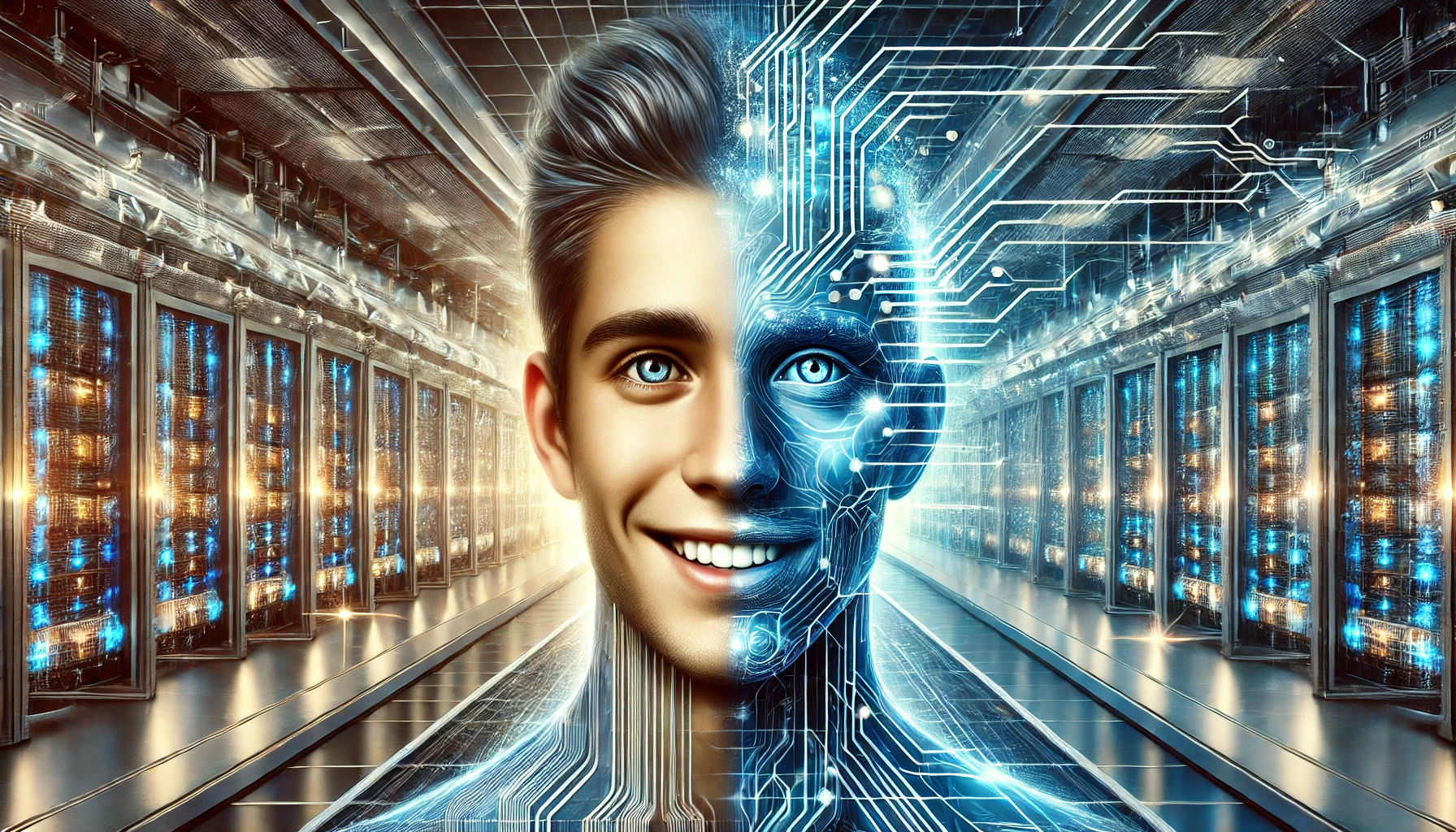… and other Existential Questions in the age of AI

In the 16th Century, the Scientific Revolution and new technologies such as the telescope allowed us to dispel the theory of earth-centrism - the belief that the earth is at the center of the universe and that it is unique in that way. It took overwhelming scientific evidence and much tumult for modern beings to mostly accept that our solar system lies in a non-unique part of a vast universe, rather than at the epicenter of a god-created one. Even so, still today, the most atheist among us have an innate sense in the validity of the theory of human-exceptionalism - that there is something special about us human beings nonetheless - that there is a soul of sorts that makes us humans unique, and which goes beyond the scientifically understood biochemical reactions within our brains. Will AI dispel that belief? Sam Altman, @sama, one of the people who is closest to the cutting-edge developments in AI, seems to believe so. Already back in 2016, he said “There’s absolutely no reason to believe that in about thirteen years we won’t have hardware capable of replicating my brain… When I realized that intelligence can be simulated, I let the idea of our uniqueness go, and it wasn’t as traumatic as I thought.”
The logical follow-up question is: if a perfect replica of Sam Altman’s brain could be created, would that be considered a human being? And the answer, so obvious to all of us, would of course be NO.
Now let us imagine that, God forbid (!), that Sam has an accident and is irreparably paralyzed, but that his brain continues to function. Certainly, modern technology would allow us to connect computers to his brain and translate brain signals into language so that we can continue communicating with him. Certainly, most of us would consider him human at that point. For example, we may all agree that he should be allowed to vote. Now, as a registered organ donor, he may also dispense of some of his other body parts, for which he would no longer have any use… ultimately being left with only the minimal organs needed to keep his brain functioning. Then, as time wears away at some of his brain cells and erodes his memory, perhaps, given that we already have a computer hooked up to him, we can have his brain read some of his memories from a computer. Over time, as technology progresses, we will surely have opportunities to substitute more and more of his brain with a computer version. At what point does he stop being a human being? At what point should he not be allowed to vote?
Philosophers through the ages pondered this same type of question with respect to the ship of Theseus (wondering if a ship which has all its planks renovated one by one can be considered the same ship.) But for them, this question was only of theoretical interest - there was no existential urgency to finding the answer. In the case of Sam’s brain though, as science progresses and enables computers to substitute and replicate more and more of our uniquely human traits, questions about the nature of humanity will yet again become both existential and urgent.
_____________________________
image generated by openai